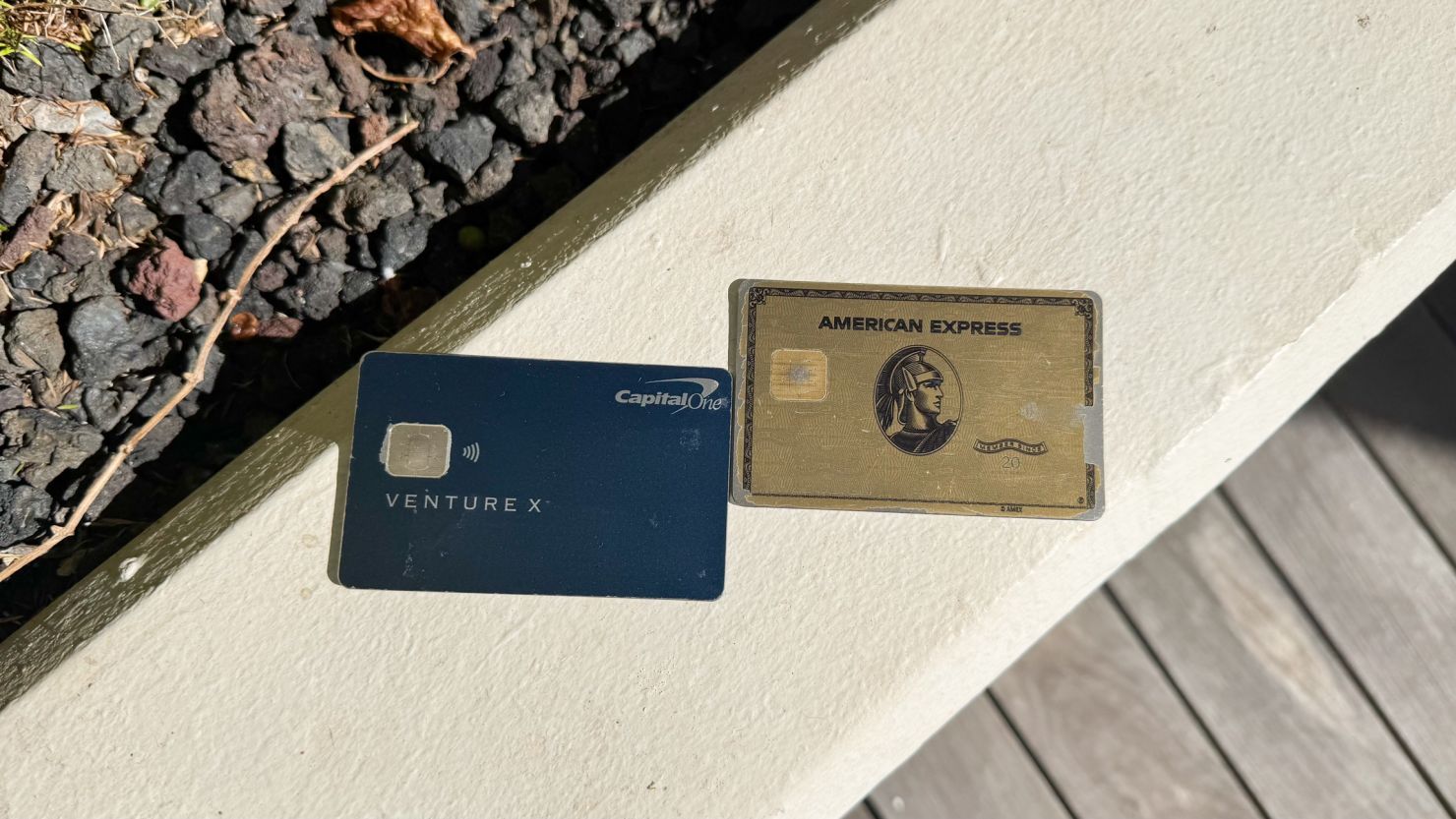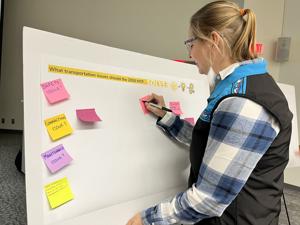As the real estate market continues to challenge young homebuyers, some newlyweds are opting to forgo traditional wedding gifts in favor of financial contributions toward their mortgages. A growing trend, especially among Generation Z and millennials, has emerged where couples request monetary support from friends and family to help with home purchases.
According to data from Zillow, approximately 20% of wedding registries now include funds specifically designated for housing. This shift reflects the significant financial hurdles that many young people face in securing homeownership. In fact, Zillow’s projections indicate that by 2025, a typical median-income family will need to earn an additional $17,670 compared to previous years to afford the mortgage on an average home in the United States.
Despite a slight decline in home prices in certain markets, the overall trend remains concerning. Nationally, home prices are still relatively high and mortgage rates continue to linger around 6%, markedly higher than the 3% range experienced just a few years prior. This situation is compounded by a slow economy and a job market characterized by modest wage growth and significant layoffs.
New Approach to Wedding Gifts
Aislyn and Ali Benjamin exemplify this new approach. When they married in 2022 in California, they chose not to request conventional gifts like kitchen appliances. Instead, they asked their wedding guests to contribute cash to help fund the construction of their first home. The couple, who run small businesses in Danville, California, faced the reality that purchasing a home in their area, where the median price was $1.8 million in September, was simply unattainable.
Understanding the need for alternative solutions, the couple decided to build an accessory dwelling unit (ADU) in Ali’s parents’ backyard in nearby San Ramon. This location would allow them to enter the housing market without the burden of exorbitant home prices.
Aislyn utilized GoFundMe to facilitate contributions, sharing the link with their wedding invitations. Their efforts yielded a total of approximately $10,000, combining $5,545 from the crowdfunding platform and an additional $5,000 received in cash and checks at their wedding.
Financial Impact and Future Plans
This financial support enabled the Benjamins to build a 1,200-square-foot ADU with the assistance of the Bay-area company Villa, at a cost of $500,000. They financed the project through a mortgage, which Aislyn noted provided them with a crucial head start in their journey toward homeownership.
“It gave us a little bit of a head start and a buffer, allowing us to not have to save up quite as much money,” Ali, now 35, explained. “We would rather have wedding money spent toward a home than getting gifts.”
As this trend continues to evolve, it underscores the shifting dynamics of how young couples perceive homeownership and financial support from their communities. With rising costs and fluctuating market conditions, innovative approaches such as these may become increasingly common as newlyweds navigate the complexities of establishing their futures.







